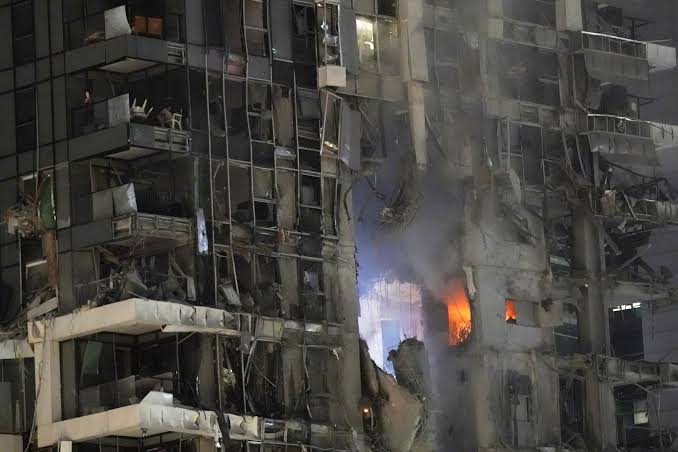As violence escalates between Israel and Iran, both countries are waking up to new fears, fresh destruction, and the weight of unimaginable loss.
Four days into a devastating exchange of firepower, Israel claims it now holds “full aerial operational control” over Tehran’s skies. Overnight, its fighter jets launched another wave of airstrikes, targeting several Iranian locations. Meanwhile, Iranian state media reported fresh blasts in the west of the country on Monday morning.
Iran responded with its own barrage, firing dozens of missiles into Israeli cities. In Petah Tikva, a normally quiet place outside Tel Aviv, families were jolted from sleep by sirens and explosions. Among the 24 people confirmed dead in Israel since Friday, several lived in this now-shaken community. Once seen as nearly invincible, Israel’s Iron Dome defence system was breached in multiple areas—shattering a long-held sense of safety among citizens.
“There was a belief here that the skies could always protect us,”
In Tehran, fear has seeped deep into daily life. BBC reporters cannot operate freely within Iran due to strict government restrictions, but our correspondent Azadeh Moshiri has managed to speak with residents. One woman, trembling over the phone, shared that she hasn’t stepped outside in two days—too frightened to leave her elderly mother’s side.
“I don’t know what’s coming next,” she whispered. “All we can do is wait and pray.”
Iran’s health ministry now says at least 224 people have been killed by Israeli attacks since the strikes began. With each passing day, the toll rises—not just in lives lost, but in the deepening trauma of those left behind.
As the missiles continue to fly, millions of people on both sides are living in fear, bracing for the next siren, the next flash, the next name added to the list of the dead.

